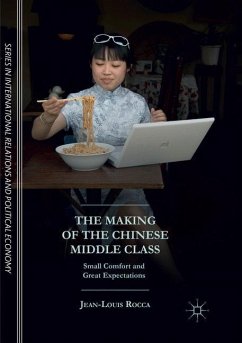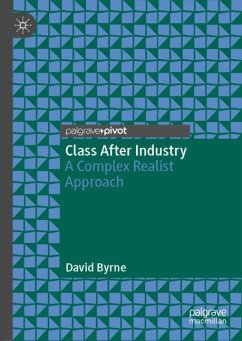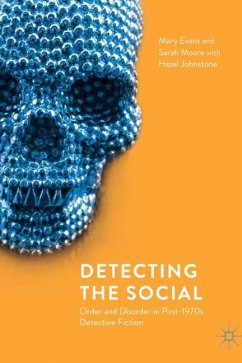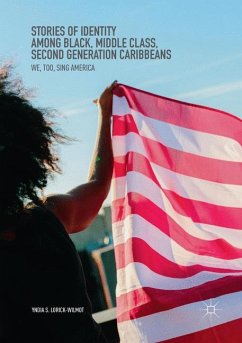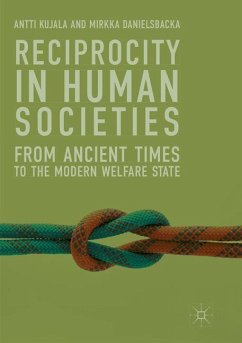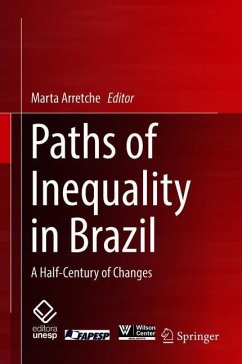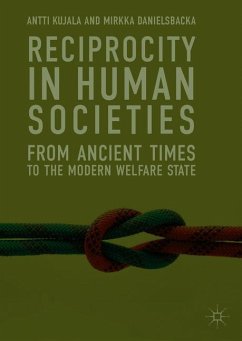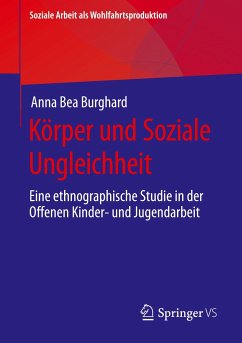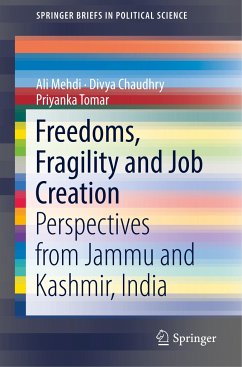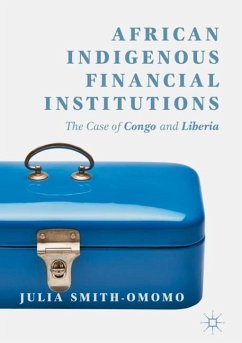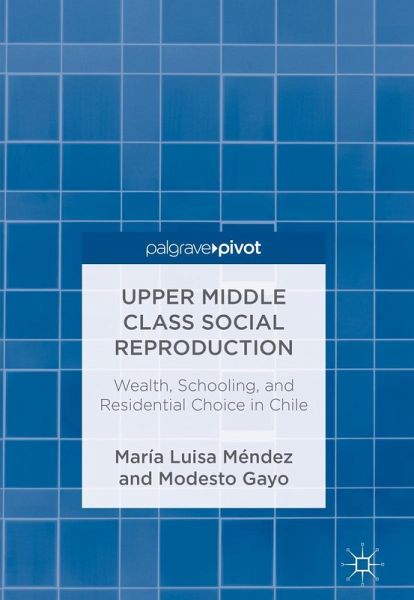
Upper Middle Class Social Reproduction
Wealth, Schooling, and Residential Choice in Chile

PAYBACK Punkte
21 °P sammeln!
In the contemporary context of increasing inequality and various forms of segregation, this volume analyzes the transition to neoliberal politics in Santiago de Chile. Using an innovative methodological approach that combines georeferenced data and multi-stage cluster analysis, Méndez and Gayo study the old and new mechanisms of social reproduction among the upper middle class. In so doing, they not only capture the interconnections between macro- and microsocial dimensions such as urban dynamics, schooling demands, cultural repertoires and socio-spatial trajectories, but also offer a detaile...
In the contemporary context of increasing inequality and various forms of segregation, this volume analyzes the transition to neoliberal politics in Santiago de Chile. Using an innovative methodological approach that combines georeferenced data and multi-stage cluster analysis, Méndez and Gayo study the old and new mechanisms of social reproduction among the upper middle class. In so doing, they not only capture the interconnections between macro- and microsocial dimensions such as urban dynamics, schooling demands, cultural repertoires and socio-spatial trajectories, but also offer a detailed account of elite formation, intergenerational accumulation, and economic, cultural, and social inheritance dynamics.



